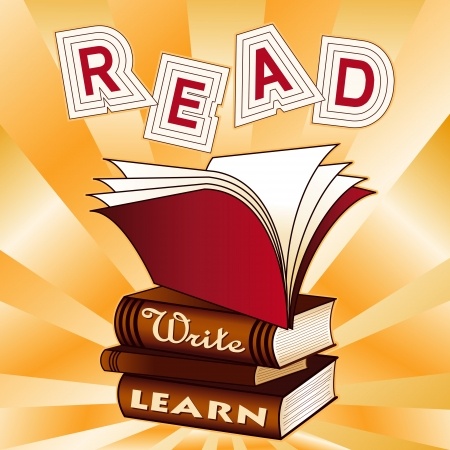Verbal Reasoning comprises a series of tests designed to assess ability to think logically with word patterns. I shall outline a number of such tests, although my list will not be exhaustive.
Grouping
A relatively straightforward exercise in which candidates are asked to classify items into headings. The only problem is that sometimes children have not heard of such items as those which are mentioned… for example, many children do not know that damson is a fruit.
Compound words
Two sets of brackets are presented, each containing three or four words. Candidates must select one word from each set of brackets to make a compound word. Confidence in having found the right answer should be gained by the child’s familiarity with the word.
Find the missing word
Candidates will be given a short (often simple) sentence containing one word that is incomplete. The missing letters make a word themselves.
Example: His birthday PRE – – – – was a train set.
The missing word is SENT (pre-sent).
Letters which start and end words
For this test, two words are given at once. A common letter ends the first word and begins the second word. This is a relatively non-complex task and one that pupils seldom struggle with. When unsure of the answer, candidates might go through the alphabet to find the right letter.
Complete the sentence sensibly
In this section, a complex sentence is usually given, and nouns or verbs are bracketed with three options to choose from.
Example: The (fish, wind, girl) took the (chip, books, logs) to the (pool, library, camel).
To deduce the correct words from the brackets, candidates should read the whole sentence. The girl took the books to the library.
Tip: Perhaps look for words in each set of brackets that link e.g. ‘books’ and ‘library’.
Missing letters / numbers
In this task, you will be given a series of pairs of letters or numbers and must work out the next in the sequence. Whereas sometimes it is wise to look at both letters together, more often it is advisable to look at every first letter to identify a pattern and then every second letter.
Example: AB BD CF DH EJ
The first letter goes up by one every time; the second letter goes up by two. The answer will be FL.
Codes
A word and a code are given. Candidates must then turn other words into codes, and/or codes into words.
Where insufficient letters appear to have been given to translate words or codes, look for the relationship between the letter and the coded letter.
Example: If the word MASH is written as NBTI, the code for TOWN will be UPXO because you just add a letter each time.
Opposite/similar meanings
Candidates are given a list of five or so words in brackets and one word which is not in brackets. They must then identify from the brackets the synonym or antonym for the word outside the brackets.
Relationships between words
In these questions, it is usually helpful to know the different parts of speech. Matching words will need to be the same part of speech.
Example: (1) Day is to (2) night as (3) light is to (morning, (4) dark, evening, bright)
Look for the relationship between words 1 and 2. In this case, they are opposites and nouns. Then look for an opposite for word 3, which is the same part of speech. In this case both words are adjectives. The answer is DARK.
Tip: If you are asked for the opposite of the word WARM, the answer is COOL and not COLD, which is the opposite of HOT.
The above is a sample of different types of verbal reasoning tests, although it is not a complete list.
